Luca D’Acci presented our third GeoNet seminar about the need for ‘Low Carbon Cities’. With cities accounting for 70% of the world’s greenhouse gas emissions, it is clear that something needs to change and low carbon cities could be the answer.
The benefits of low carbon cities can be seen in cities such as Copenhagen. Copenhagen has become one of the ‘greenest’ cities in Europe through its innovative use of energy efficient technology and design. Copenhagen is also a compact city. D’Acci suggests a key change to support the conversion to a low carbon city is reducing urban sprawl. Furthermore, a car-based transport model results in increased costs; for example, Houston spends 14% of its GDP on transport, versus only 4% in Copenhagen.
Therefore, remodelling a city’s shape and form could be the answer to a more energy efficient world. Containing urban sprawl, developing energy efficient buildings and encouraging ‘greener’ transport systems could contribute to establishing a successful low carbon city. Benefits of these changes have been predicted. Investments of $1.7 billion in domestic energy efficiency could generate annual savings of $626 million, which is a payback time of only 3 years. In addition, 2 million jobs would be created by the new low carbon technological industry. Furthermore, health benefits and a significant reduction in pollution related illnesses would result in a higher standard of living and a better quality of life.
Next we went on to discuss how these cities could be implemented. I personally found it interesting that we could look to the past for ideas to shape the future. The Greeks and Romans designed their central hubs around unity, variety, compactness and nature, all of which are characteristics that we want to emulate in our cities today. Futuristic transport using renewable energy sources, building multifunctioning, independent cellular cities, and simply changing to energy saving light bulbs are all ways of creating a low carbon city. However, it is evident that a change in attitude will be important to ensure success.
An interesting discussion with the audience followed with most agreeing that low carbon cities are necessary for sustainable development. However, many agreed that the changing of attitudes would be difficult to achieve in existing cities. Despite this, it is important that we find the best solution to regenerate cities, in order to create a sustainable future and provide a template for developing countries to model their new low carbon cities.
Charlotte Unwin, GeoNet Intern
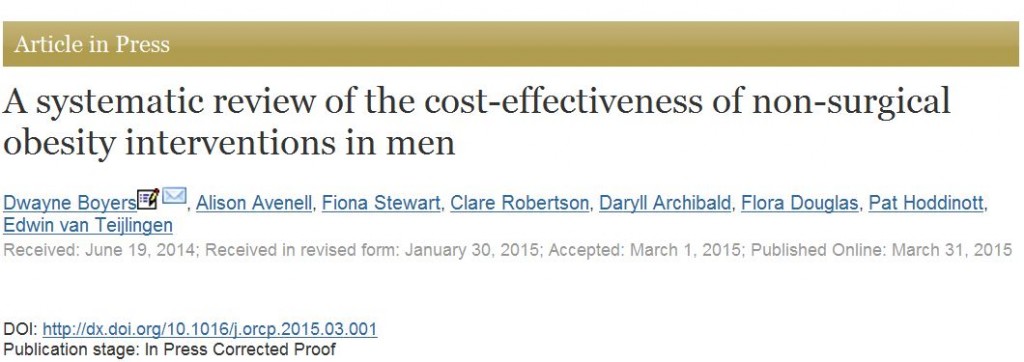
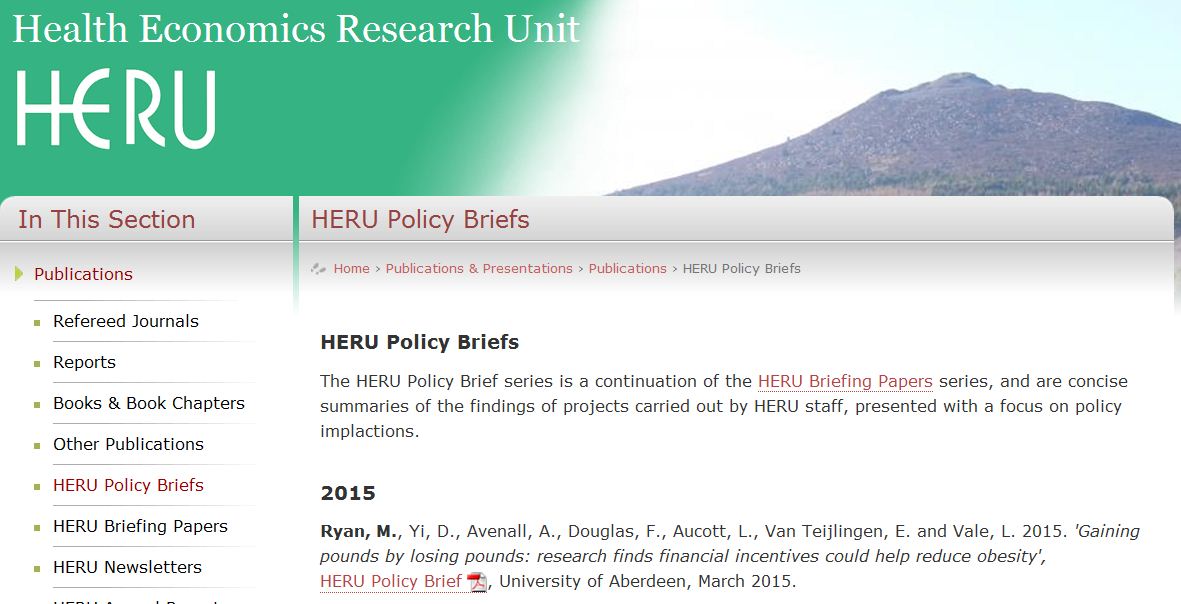
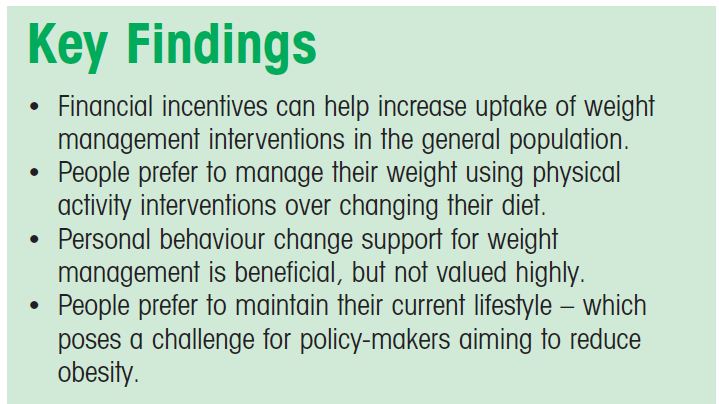

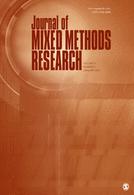
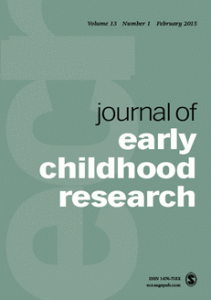
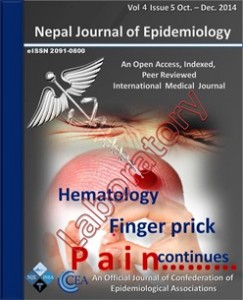
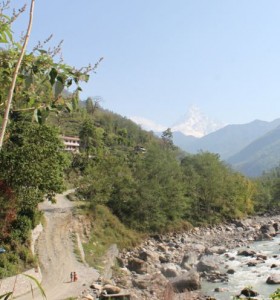
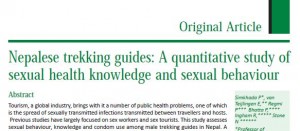
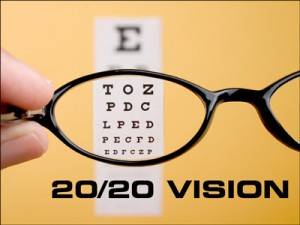

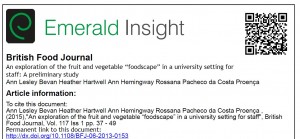

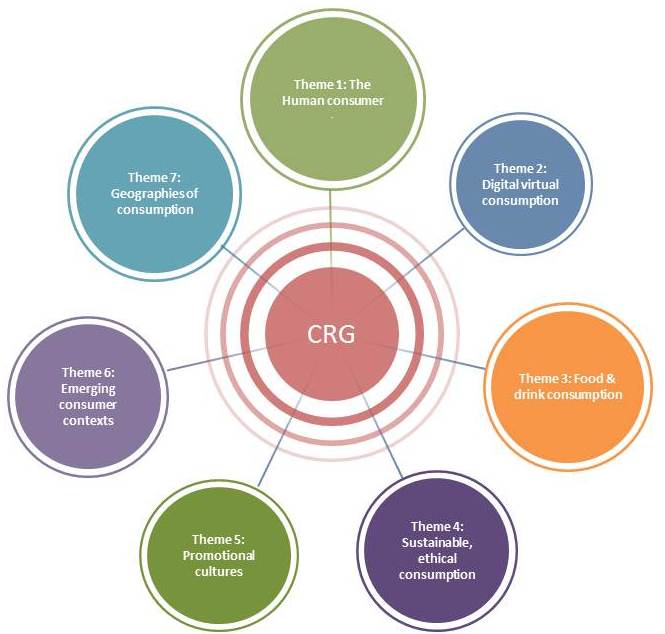
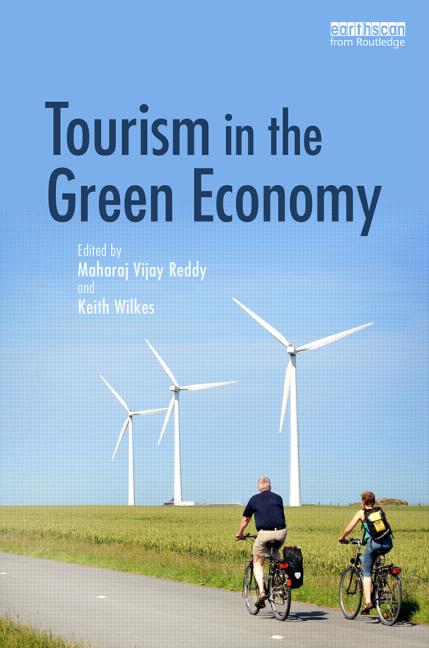
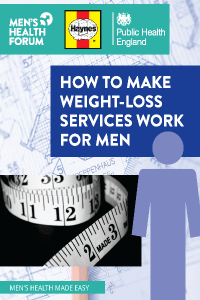












 Second NIHR MIHERC meeting in Bournemouth this week
Second NIHR MIHERC meeting in Bournemouth this week Dr. Ashraf cited on ‘Modest Fashion’ in The Guardian
Dr. Ashraf cited on ‘Modest Fashion’ in The Guardian NIHR-funded research launches website
NIHR-funded research launches website MSCA Postdoctoral Fellowships 2025 Call
MSCA Postdoctoral Fellowships 2025 Call ERC Advanced Grant 2025 Webinar
ERC Advanced Grant 2025 Webinar Horizon Europe Work Programme 2025 Published
Horizon Europe Work Programme 2025 Published Horizon Europe 2025 Work Programme pre-Published
Horizon Europe 2025 Work Programme pre-Published Update on UKRO services
Update on UKRO services European research project exploring use of ‘virtual twins’ to better manage metabolic associated fatty liver disease
European research project exploring use of ‘virtual twins’ to better manage metabolic associated fatty liver disease